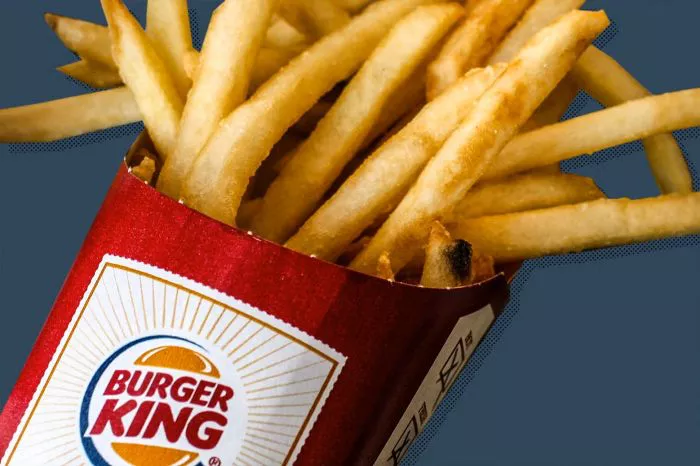French fries, a beloved staple in the culinary world, have a universal appeal that transcends cultural boundaries. Crispy on the outside, fluffy on the inside, and bursting with flavor, these golden delights have found their way onto menus worldwide, gracing plates from fast-food joints to fine dining establishments. However, amidst the sizzle and crunch, a question lingers: Are fries truly vegan?
The Core Ingredients
At their essence, French fries are simple creations, typically made from potatoes, oil, and salt. Potatoes, being a plant-based food, are inherently vegan-friendly. However, it’s the cooking process and potential additional ingredients that warrant a closer examination of their vegan status.
Oil Selection
Oil serves as the medium for frying, imparting flavor and texture to the fries. Plant-based oils like vegetable oil, canola oil, and sunflower oil are commonly used in frying and align with vegan principles. These oils are extracted solely from plant sources, making them suitable for vegan diets. However, it’s essential to be mindful of the type of oil used, as some establishments may use animal-derived fats like lard or beef tallow for frying, which would render the fries non-vegan.
Seasonings and Toppings
While salt is the classic seasoning for fries, some variations may include additional flavorings or toppings. Vegan-friendly options include herbs, spices, and condiments like ketchup, mustard, or barbecue sauce. However, certain seasoned fries may contain non-vegan ingredients like cheese powder, bacon bits, or dairy-based dips, so it’s crucial to check the ingredients or inquire about the seasoning used.
Cross-Contamination Concerns
In restaurants or fast-food chains where both vegan and non-vegan items are prepared, there’s a risk of cross-contamination if the same fryer or cooking equipment is used for frying both types of food. While the fries themselves may be vegan, the shared cooking environment can compromise their vegan status. To mitigate this risk, some establishments may designate separate fryers or use dedicated equipment for frying vegan items.
Homemade Versus Store-Bought
When preparing fries at home, individuals have complete control over the ingredients and cooking methods used, making it easier to ensure that the fries remain vegan. By selecting plant-based oils, seasoning with vegan-friendly herbs and spices, and avoiding cross-contamination, homemade fries can be enjoyed as a vegan-friendly treat. However, when dining out or purchasing fries from food establishments, it’s essential to inquire about the ingredients and cooking methods to ensure that they align with vegan dietary preferences.
Vegan Alternatives and Innovations
As the demand for vegan options continues to rise, many restaurants and food manufacturers have introduced vegan-friendly versions of classic favorites, including fries. These alternatives may use innovative ingredients like sweet potatoes, chickpeas, or alternative oils to create fries that are both delicious and vegan-friendly. Additionally, plant-based dipping sauces and condiments offer flavorful accompaniments to fries, enhancing their taste and appeal.
The Importance of Transparency
In today’s food landscape, transparency is key to making informed choices about what we consume. Whether dining out or purchasing packaged foods, consumers rely on accurate labeling and clear communication from food establishments to ensure that their dietary preferences and restrictions are respected. By advocating for transparency and asking questions about ingredients and cooking methods, individuals can make empowered decisions that align with their values and preferences.
Conclusion
In conclusion, while the question of whether fries are vegan may seem straightforward, it’s essential to consider the ingredients, cooking methods, and potential for cross-contamination to determine their vegan status accurately. While fries made from potatoes and cooked in plant-based oils are inherently vegan-friendly, it’s crucial to be mindful of additional seasonings, toppings, and cooking practices that may compromise their vegan status. By advocating for transparency, exploring alternative options, and making informed choices, individuals can enjoy fries as a delicious and satisfying part of a vegan diet. So, whether crispy, curly, or waffle-cut, let’s savor the flavor of fries while ensuring that they align with our ethical and dietary principles.

